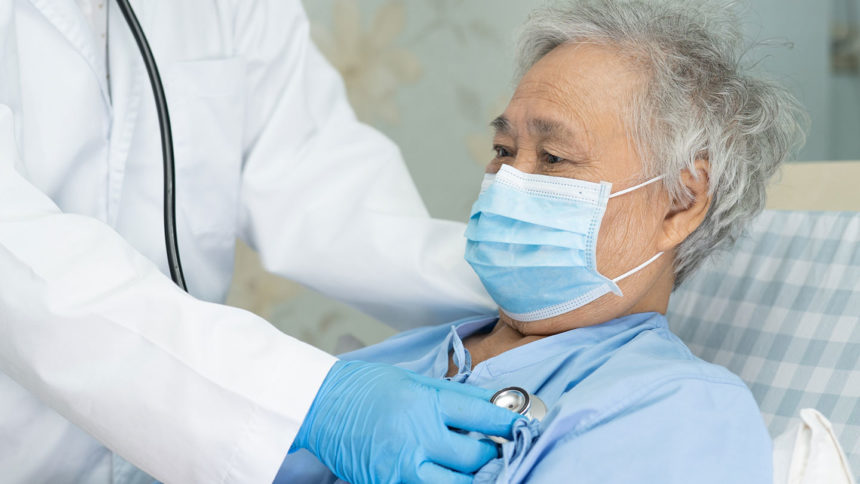The Illinois Supreme Court has delivered one of the broadest interpretations yet of a state-level COVID immunity waiver for healthcare facilities, finding that a nursing home does not have to face negligence claims if it was rendering aid to the state.
The court found that Gov. JB Pritzker’s (D) April 2020 executive order, issued during a proclaimed disaster, made it clear he meant providers should face civil suits only for willful misconduct during the pandemic’s earliest days.
“The executive order explicitly invokes the statutory immunity [derived from the Illinois Emergency Management Agency Act] to make clear that, during the Governor’s disaster proclamation, except for willful misconduct, a healthcare facility is immune from ordinary negligence that occurred while the facility was ‘rendering assistance’ to the State in response to the COVID-19 pandemic,” Justice Lisa Holder White wrote in Friday’s 6-1 majority opinion.
The court leaned heavily on the plain language in Pritzker’s waiver, which plaintiffs had argued was too ambiguous as to when providers could claim immunity in civil cases.
Other state courts have continued to narrow immunity provisions, bringing uncertainty for nursing home operators still facing COVID-related lawsuits, especially those whose businesses cross state lines.
Lawyers for five residents who died of COVID while being treated at the 107-bed Bria Health Services of Geneva insisted the immunity waiver was meant to apply only in the moment a nursing home was providing the state specific COVID support — such as adding beds or acquiring personal protective equipment — and only for COVID-related challenges.
COVID’s ‘novelty’ noted
Pritzker clearly carved out exceptions for any provider’s blatant or gross misconduct, as did several other governors. In part because of that specificity, the state’s highest court found the remainder of the language in the governor’s executive order was meant to be inclusive of all kinds of suits.
“The language does not state that a healthcare facility is only immune from ordinary negligence if the negligence relates to COVID-19. Rather, the language states that a healthcare facility is immune from ordinary negligence if the negligence ‘occurred at a time’ the healthcare facility was ‘rendering assistance’ to the State by providing healthcare services during the Governor’s disaster proclamation,” the justices wrote.
“Thus, given the novelty of COVID-19 and the uncertainty that surrounded COVID-19 at the time the Governor issued Executive Order No. 2020-19, we find a broad reading of the executive order is appropriate and consistent with the plain language. Accordingly, we find no ambiguity exists.”
While providers across the state and nation might breathe a sigh of relief at such a broad finding, Bria is not yet off the hook in the ongoing case of James v. Geneva Nursing & Rehabilitation Center.
The Supreme Court simply certified its reading of the immunity waiver as state law. In so doing, it also remanded the combined wrongful death suits back to the state Circuit Court to determine whether Bria was rendering the state COVID assistance at the same time the residents became ill and died.
Bria’s attorney has previously argued that that detail should also be interpreted broadly, with coverage applied to anyone rendering assistance to the state at any time during the emergency period. Pritzker issued his order on April 1, 2020, and extended it through May 29, 2020.
Bria owns 15 nursing homes in Illinois. The state has the seventh largest nursing home population in the US.





